![]()
[hr]
Jackson State University will unveil Mississippi’s only School of Public Health (SPH) during an official ribbon-cutting ceremony at 5 p.m. Monday, April 3, which will usher in a global push for disease prevention that aims to curb soaring medical costs associated with treating worsening health conditions.
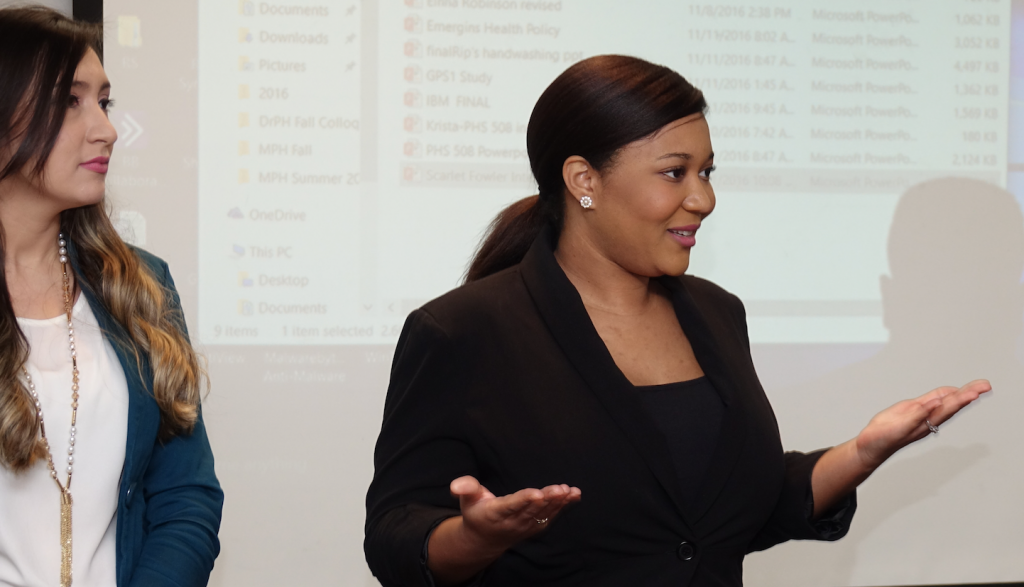
The upcoming event at the Jackson Medical Mall will coincide with National Public Health Week and include the signing of a proclamation and an appearance from Gov. Phil Bryant. Guests will consist of other statewide lawmakers, who, with Bryant, have provided financial and logistical support.
Others attending will be Dr. Glenn Boyce, commissioner of Mississippi State Institutions of Higher Learning; city and county elected officials; health experts from partnering educational and medical institutions; community supporters; and JSU faculty, staff, students and alumni.
Research possibilities are expected to be enormous as the new school examines, for example, why life expectancy for African-American men and women in Mississippi is less than that of Caucasians.
[dropcap]I[/dropcap]N February, the Council on Education for Public Health (CEPH) approved JSU’s application to begin the two-year accreditation process for the School of Public Health after declaring it had successfully met the following requirements: at least 21 faculty members; multiple departments, at least two doctoral degrees; and five degree concentrations.
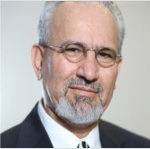
At JSU, the five concentrations are Behavioral Health Promotion and Education; Environmental and Occupational Health; Biostatistics; Epidemiology; and Health Policy and Management.
Dr. Mohammad Shahbazi, interim dean of SPH who will preside over the ceremony, described the occasion as “greater than Jackson State.” He bemoaned, however, that when it comes to issues of health in Mississippi, the state is generally always at the bottom. Yet, he envisions JSU’s School of Public Health to have a global impact.
Meanwhile, Shahbazi said he is concerned about the financial strain on the U.S. economy because the nation spends 17 percent of its gross domestic product on healthcare for diagnoses and treatments. “Since the School of Public Health focuses on prevention, I would like our school to work somewhere in the middle to bring these extremes together.”
He noted that 80 percent of people’s health outcomes have nothing to do with their genes. “Instead, it has to do with social determinants of health such as education, income and access to insurance. With public health you can inform people about their behavior and alter their health outcome. Therefore, with the School of Public Health, we can focus on disease prevention and health promotion.”
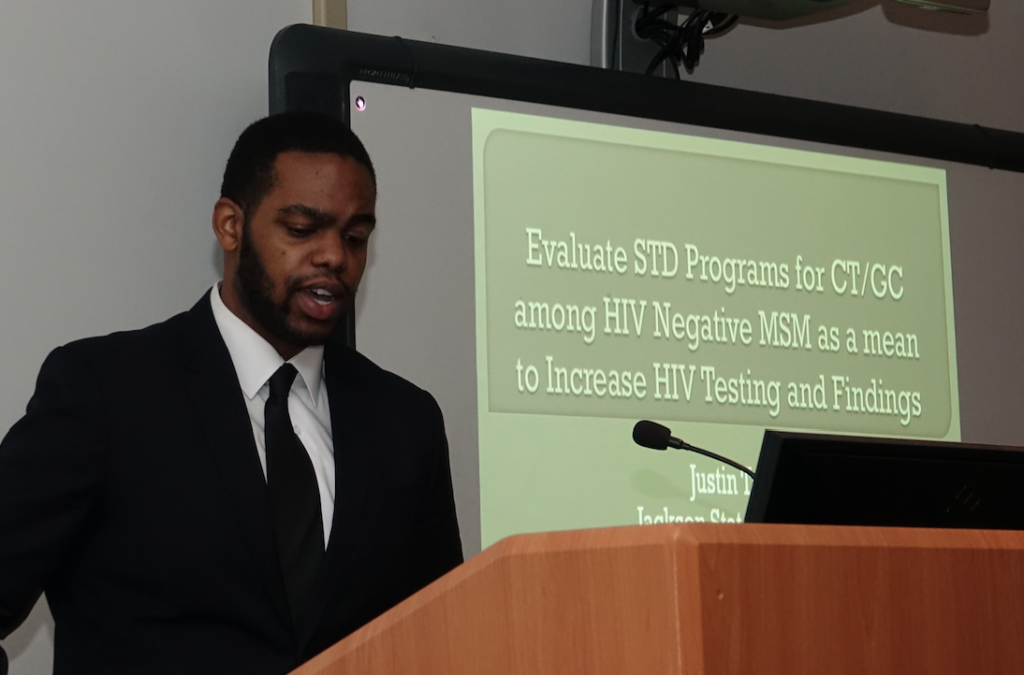
Futhermore, Shahbazi said, “We want to collaborate with medical institutions to train physicians to think like public health experts, with emphasis on population rather than just individuals. Typically, schools of public health are part of medical schools. However, we are among a few that are not.”
[dropcap]D[/dropcap]R. Marinelle Payton, chair and professor in the Department of Epidemiology and Biostatistics and the founding chair of the JSU Department of Public Health, sees the future of JSU’s public health as transformative because of the lives it will impact along with an expanded workforce of practitioners.
“We will be able to reach far in the corners of the world, attracting many faculty and administrators,” she said. “And public health will provide a lot of opportunities to address health disparities in Mississippi,” said Payton, who describes her area of epidemiology as the foundation for public health because of its focus on research and biostatistics for its applications for interpreting data related to biology.”
She noted that Mississippi is rated high in all clinical ailments such as heart, lung and kidney diseases but is encouraged that JSU will become a leader by researching and studying methods of health outcomes.
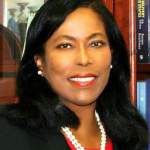
Shahbazi emphasized that just because a mother, for example, may have a breast cancer gene her daughter’s predisposition to it may not result in contracting the disease because of exercise, better foods and a change from other unhealthy cultural practices. “You can alter behaviors so that genes don’t play a role in your health outcomes,” he said.
The Jackson Heart Study, which started more than 20 years ago, is considered one the pillars of the School of Public Health. It has more than 5,000 African-Americans involved in a study funded by the National Institutes of Health on the prevalence of cardiovascular disease among blacks. The Jackson Heart Study and the Center of Excellence in Minority Health and Health Disparities – which itself has existed more than decade – will support the goals of the new school.
Meanwhile, other department leaders see the School of Public Health as a platform for promoting awareness and education:
- Dr. Brandi Newkirk-Turner, chair of the Department of Communicative Disorders: “Of the accredited Schools of Public Health in the country, less than five have a Department of Communicative Disorders within it, so having a School of Public Health at Jackson State University that includes a Department of Communicative Disorders offers us a unique opportunity for public health scholars, from various disciplines, to work together to prevent communication disorders. Together, in our new School of Public Health, we will share the vision of the American Speech-Language Hearing Association and work toward “making effective communication, a human right, accessible and achievable for all.”
- Dr. Sophia Leggett, chair of the Department of Behavioral and Environmental Health: “The School of Public Health, Department of Behavioral and Environmental Health, is comprised of two core discipline areas —Behavioral Health Promotion and Education and Environmental and Occupational Health. In order to eliminate the disparities in our state, we must comprise the knowledge and understanding of these two disciplines to address behavioral and social changes, promote lifestyle changes, create safe working environments and recognize the interrelation of the environment and economic impact on a person’s health status. By doing so, this occasion of introducing the first School of Public Health will become the first step in eliminating the health disparities of our beloved state.”
- Dr. Joyce Buckner-Brown, chair of the Department of Health Policy and Management: “Mississippi has an illustrious history of working to address broad health issues that impact its communities. The Department of Health Policy and Management in the School of Public Health will strengthen this effort by evaluating those policies that influence overall health. Public policy affects education, income, access to healthy food and physical activity, housing, the availability and quality of health care and the environment in which we live. If differences in health outcomes are to be eliminated, the systemic and pervasive root causes of disparities must also be eliminated.”
- Clarence Johnson, program director of the Department of Healthcare Administration: “Achieving accreditation will signal to the world that JSU’s School of Public Health is committed to implementing strategies designed to improve the health status of our fellow Mississippians. While we plan to continue our traditional ground and online healthcare administration degree offerings, we also expect to work toward developing a proposal to offer an undergraduate public health degree that complements the existing graduate degree programs. The ribbon cutting represents an early step in this journey.”
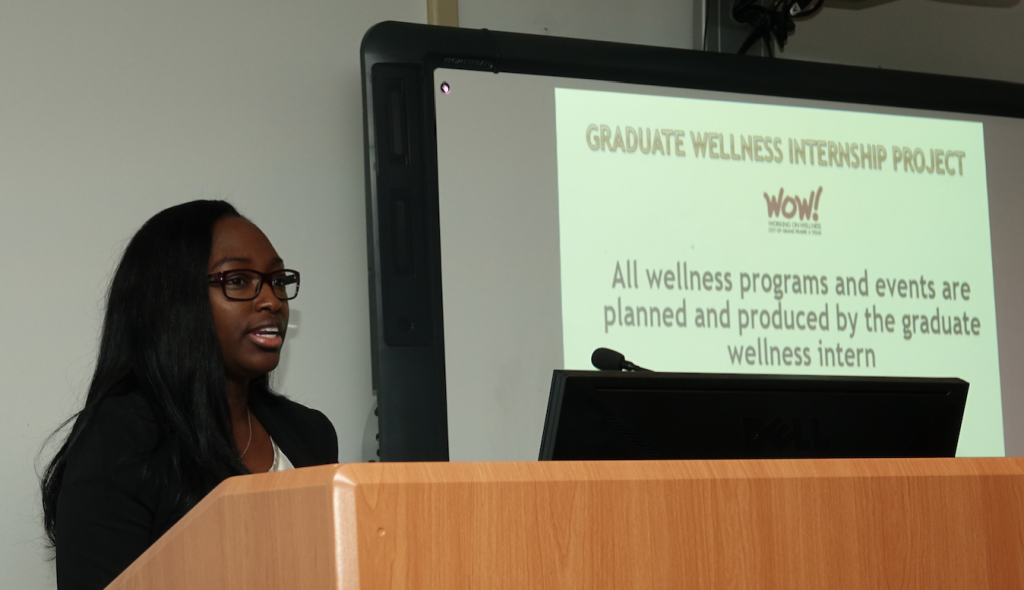
[dropcap]T[/dropcap]O further improve health outcomes, Shahbazi is pushing another initiative with grant assistance from the Centers for Medicare and Medicaid Service. As he explained in a New York Times Magazine article in 2012, the effort would support a pilot program called “health houses.”
It’s a concept that involves training community health workers who are certified to perform basic care, make house calls and provide low-cost preventive services to their patients/neighbors in some rural, desolate areas such as in the Delta, where there may not be any doctors.
Today, Shahbazi is taking advantage of annual grants that began in 2014 through incentives outlined in the Affordable Care Act. It allows Medicare and Medicaid to offer funding to organizations that propose new ways to prevent illnesses and save money. Because of the grant, there is absolutely no cost to patients.
So, the idea to start health houses in rural areas came from Shahbazi’s native Iran, where trained workers assess a patient’s life and learn how their diseases are being self-managed. Another benefit in Iran, like in Mississippi, is that patients are more likely to trust those from their own villages or communities. In Iran, for example, trained workers advise on nutrition, family planning, monitor blood pressure, assess prenatal care, provide immunizations and monitor environmental conditions such as water quality.
In Jackson, Shahbazi, with local health care advocates and experts, partnered with national insurer United Healthcare. Fortunately, for Mississippi, the provider realized the potential for cutting costs, and “we have documented that we saved $8,500 per person annually just by using community health workers,” he said. “They will check blood pressure, sugar level and be culturally competent, among other things. … In addition, community health workers check on people’s houses to see if there is mold in their kitchens, for example, and whether they’re following up with their appointments.”
Despite current state budget cuts across the board, Shahbazi isn’t so concerned right now about the sustainability of the School of Public Health. JSU will receive funding through 2022 from the $500 million 1975 Jake Ayres settlement, in which plaintiffs’ lawyers successfully argued that three predominantly black universities in Mississippi had not been receiving the same state funding as predominantly white universities.






